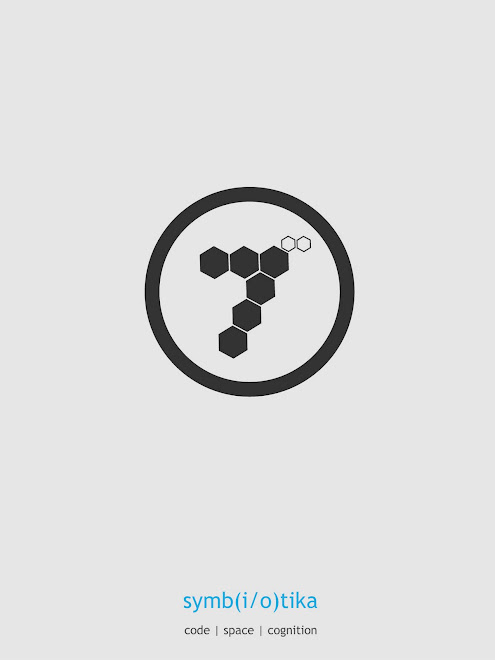Thursday 15 September 2011
Post-Social-Democracy
It is after the WWII that the Idea of Social-Democracy becomes so apparent. It will be an ideological pursuit for the years to come until 1960's where the Welfare State will face its first Crisis. Charlie Chaplin's speech from his movie "The Great Dictator" will inaugurate the desire of social democracy which became a successful program of a period that followed. The rise and popularity of Social-Democracy will be enhanced by two factors that consequently will play a crucial role in its decline. Social-Democracy "was sustained by two realities of the times: the incredible expansion of the world-economy, which created the resources that made the redistribution possible; and United States hegemony in the world-system, which ensured the relative stability of the world-system, and especially the absence of serious violence within this wealthy zone." (Wallerstein, 2011)
The period of forever progression didn't last and right after 60's the world economy falls into a stagnation the late phase of which we live today. Additional to that America's hegemonic role will start, slowly, to decline. The 70's will mark the new era according to Immanuel Wallerstein. "The new era beginning in the 1970s saw the end of the world centrist consensus on the virtues of the welfare state and state-managed “development.” It was replaced by a new, more rightwing ideology, called variously neo-liberalism or the Washington Consensus, which preached the merits of reliance on markets rather than on governments. This program was said to be based on a supposedly new reality of “globalization” to which “there was no alternative.” " (Wallerstein, 2011) It seems therefore that the pressing question of our time is if there is an alternative. If Social-Democracy is an illusion in 2011 then where the world system is moving towards?
Source: Immanuel Wallerstein: The Social-Democratic Illusion
Wednesday 14 September 2011
On Think Tanks
"Think Tanks, whether on the left or right are peddling Hayek's ideology in some form another - a managed and technocratic version of the free market as the central dynamic of society."
Adam Curtis
Adam Curtis
Tuesday 13 September 2011
Suely Rolnik, Avoiding False Problems: Politics of the Fluid, Hybrid, and Flexible / Journal / e-flux
"... it was clear by then that, in order to respond to industrial capitalism (with its disciplinary society and its identitarian logic), it was necessary to oppose a fluid, flexible, and hybrid logic that had been appropriated from the 1960s and 70s. It has now become a mistake to take the latter as a value in itself—since it came to constitute the dominant logic of neoliberalism and its society of control. It is, therefore, within this logic—between different politics of flexibility, fluidity, and hybridization—that the struggles take place around tracing the cartographies of our globalized contemporaneity....
asking the question of whether to refuse or celebrate the cartographies marked by cultural hybridization, flexibility, and fluidity would result in putting forward a false problem. It is just as false to pose the question of the pertinence of art’s role in the invention of such cartographies. The forces at work in each artistic proposal are what matter. What matters are the ways in which creation starts from the turbulences of contemporary sensible experience and the extent to which artistic practice is the consequence of frictions, tensions, and impossibilities that are implicated by the complex and singular construction of a globalized society at each moment and in each context. In the field of visual arts, those forces are embodied not only in the works themselves, but in their exhibitions and the curatorial concepts they articulate, in the critical texts that accompany them, and the directives of the museums that host them—and also, of course, in all of the artistic practices that take place in a drift beyond the institutional territory of art."
asking the question of whether to refuse or celebrate the cartographies marked by cultural hybridization, flexibility, and fluidity would result in putting forward a false problem. It is just as false to pose the question of the pertinence of art’s role in the invention of such cartographies. The forces at work in each artistic proposal are what matter. What matters are the ways in which creation starts from the turbulences of contemporary sensible experience and the extent to which artistic practice is the consequence of frictions, tensions, and impossibilities that are implicated by the complex and singular construction of a globalized society at each moment and in each context. In the field of visual arts, those forces are embodied not only in the works themselves, but in their exhibitions and the curatorial concepts they articulate, in the critical texts that accompany them, and the directives of the museums that host them—and also, of course, in all of the artistic practices that take place in a drift beyond the institutional territory of art."
Subscribe to:
Posts (Atom)

